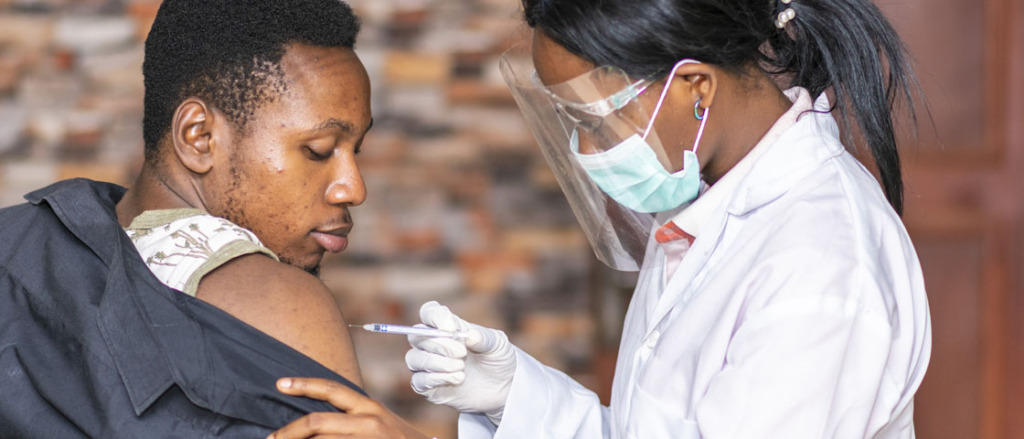By:James Alusine Koromatten
Even though the Mosaico HIV vaccine efficacy trial has been stopped, IAS – the International AIDS Society – believes that it offers important lessons on the journey towards a safe, effective vaccine that is accessible to all.
Johnson & Johnson’s Janssen Pharmaceutical Companies announced the termination of Mosaico after the Data and Safety Monitoring Board determined that the vaccine was not effective in preventing HIV acquisition compared to placebo. This trial was one of the last remaining ongoing Phase 2b/3 HIV vaccine trials.
This is not the end, however. “The team will be evaluating the immune responses in participants who received the vaccine to try to determine whether any subgroups appeared to generate any protection,” IAS Governing Council member, Global Vaccine Enterprise Advisory Group Chair and HVTN Co-Chair for Mosaico, Susan Buchbinder, said.
“This will provide important information about whether responses that appeared to provide some protection in the Thai vaccine trial were replicated in this trial. These studies will also shed light on how best to use animal models for HIV vaccines as protection was seen in a non-human primate model prior to launching this trial.” The Thai trial (RV144) is the only vaccine trial to date to demonstrate some efficacy in preventing HIV acquisition.
Buchbinder added: “There is a tremendous amount of work and many experimental medicine trials underway or soon to launch that are exploring methods for generating broadly neutralizing antibodies (bNAbs). Other studies are evaluating whether infusion of a combination of bNAbs may provide protection, offering an alternative to antiretroviral PrEP.”
IAS Governing Council member and AVAC Executive Director, Mitchell Warren, described Mosaico as “a beautifully designed and conducted trial, especially in the midst of COVID-19 and in the context of oral PrEP” and “a terrific example of linking research activities with programmatic implementation”.
Warren stressed that the broader HIV response must focus on pushing the roll out of existing, proven prevention options while doubling down on vaccine research, he said. “HIV remains a global threat, and a safe, efficacious and accessible HIV vaccine is still needed to provide a durable end to the pandemic. Given recent results, the field will necessarily move upstream to explore new vaccine concepts.”
Through the Global HIV Vaccine Enterprise, the IAS will continue to work towards strengthening and diversifying the HIV vaccine pipeline, expanding political and financial support for HIV vaccine research and development, and encouraging the generation and application of new or existing knowledge and tools in HIV vaccine research.
The quest for an HIV vaccine will come under sharp focus at HIVR4P 2023, the 5th HIV Research for Prevention Conference, later this year.
